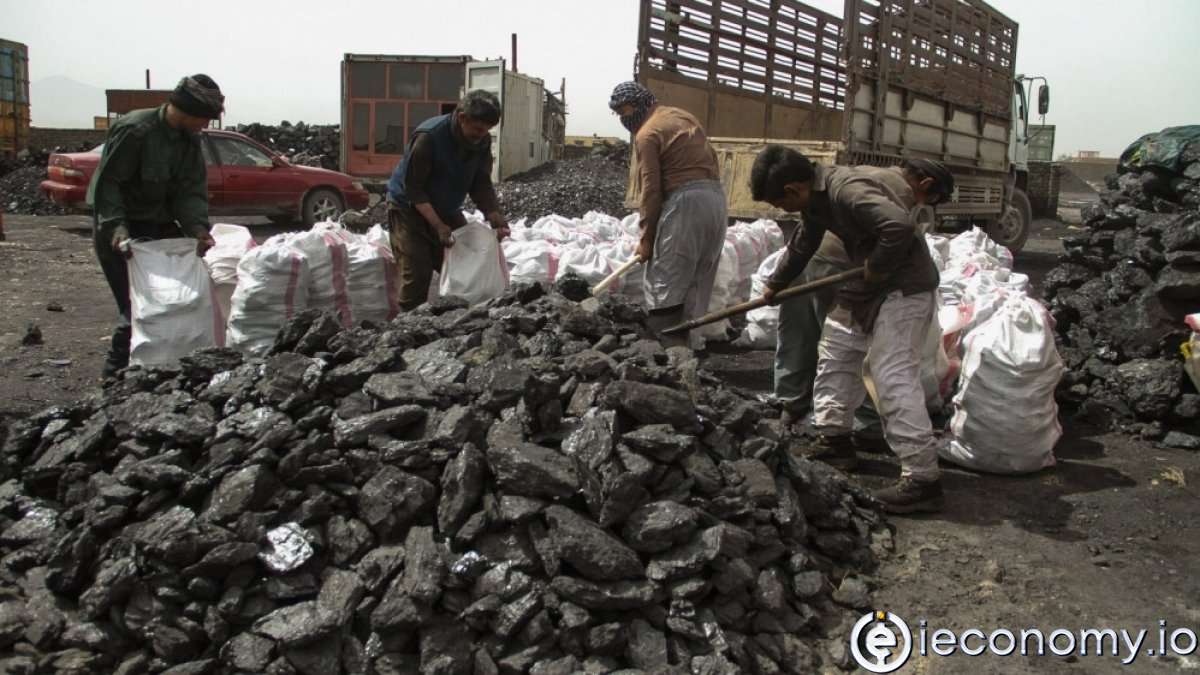3669
0
Taliban has acquired mineral reserves worth about $ 1 trillion
The Afghan militant movement Taliban, which has taken power in the country, has acquired mineral reserves worth about $ 1 trillion.

Yazar: Tom Roberts
Yayınlanma: 22 Ağustos 2021 21:03
Güncellenme: 2 Mart 2026 14:44
Taliban has acquired mineral reserves worth about $ 1 trillion
The Afghan militant movement Taliban, which has taken power in the country, has acquired mineral reserves worth about $ 1 trillion (€ 856.82 billion). Including those that can power the world in the transition to renewable energy. At the same time, Afghanistan has been trying for a long time to use its huge reserves of minerals. And the Taliban are facing a financial stalemate after returning to power 20 years after its overthrow, as major donors have halted their support for Afghanistan. Endless wars and weak infrastructure have prevented the country from benefiting from the sale of metals, which could increase its economic wealth. According to the January report of the US Geological Survey (USGS), bauxite, copper, iron ore, lithium and rare earths are found in Afghanistan. Copper, which is needed for cable production, has become a "hot commodity" this year, and its prices have climbed to over $ 10,000 per tonne. Lithium, in turn, is an important element in the production of batteries for electric cars, solar panels and wind farms. The International Energy Agency predicts that global demand for lithium will increase more than forty-fold by 2040. And Afghanistan "sits on a huge source of lithium that is still not depleted," said Guillaume Pitron, author of The War on Precious Metals. Afghanistan is also rich in rare earth elements - neodymium, praseodymium and dysprosium - which are used in the clean energy sector. The USGS estimates the value of the country's unused mineral wealth at $ 1 trillion, while Afghan officials said it was three times more. Afghanistan is better off in obtaining precious stones such as emeralds and rubies, as well as the semi-precious stones tourmaline and lapis lazuli, but the industry is also facing problems with illegal smuggling into Pakistan. Talc, marble, coal and iron are also mined in the country. Although the Taliban's rise to power may discourage foreign investors, one of the countries that seems willing to trade with them is China. The world's second-largest economy said it was ready for "friendly and cooperative" relations with Afghanistan after the Taliban's entry into Kabul. In 2007, the state-owned China Metallurgical Group Corporation acquired the rights to lease a huge deposit of Mes Aynak copper ore for 30 years and to extract 11.5 million tons of the commodity.İLGİLİ HABERLER





European stocks soared and focus shifted to German retail sales after Powell's speech!

Forex Signal For TRY/USD: Inflation Slowdown in November.

Forex Signal For GBP/USD: Bullish Trend Still Not Breaking While Recovery Continues.

Forex Signal For EUR/USD: Starry US Data Points to Higher Fed Increases.

Forex Signal For BTC/USD: Downside Continues as Bitcoin Recovery Moves Less.
En Popüler Haberler
Yorum Yap
Yorumlar
Henüz yorum yapan yok! İlk yorumu siz yapın...